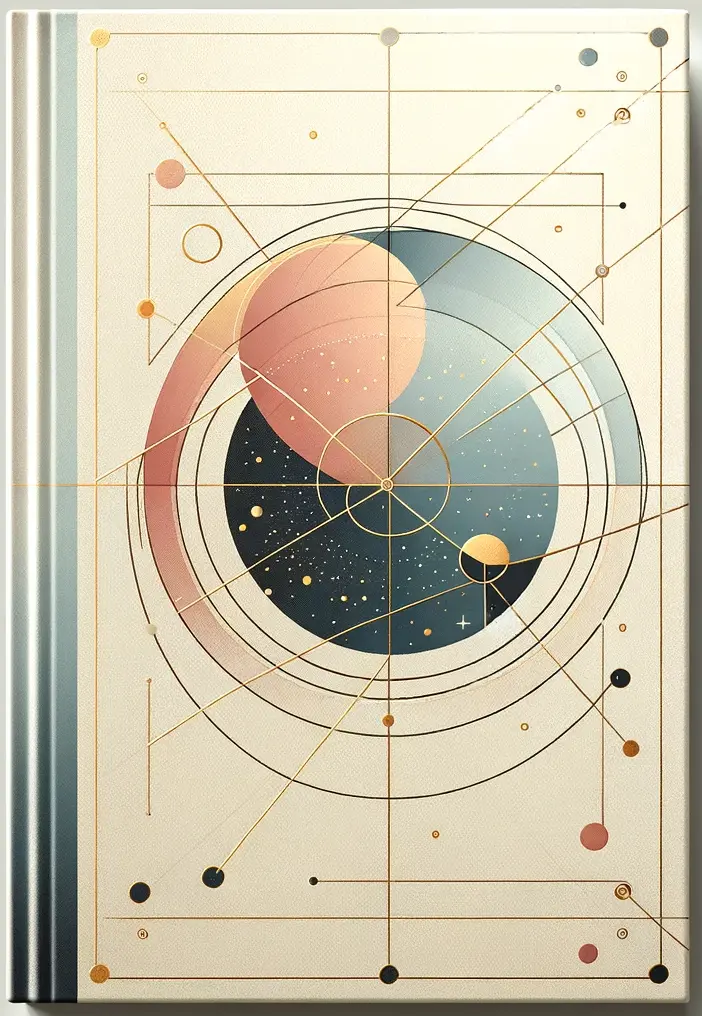Discover books similar to "The Arcades Project"

Walter Benjamin
The Arcades Project
4.45
Walter Benjamin's unfinished magnum opus, "The Arcades Project," is a groundbreaking and sprawling work of literary scholarship that explores the cultural, social, and historical significance of 19th-century Parisian shopping arcades. Composed of over 1,000 fragments, including quotations, observations, and reflections, the book is a complex and multifaceted examination of modernity, capitalism, and urban life. At its core, "The Arcades Project" is an attempt to capture the essence of a particular historical moment, the period of rapid industrialization and urbanization in 19th-century France. Benjamin was fascinated by the ways in which the arcades, with their glass-covered walkways and dazzling displays of consumer goods, embodied the contradictions and tensions of this moment. On the one hand, they represented the triumph of capitalism and the commodification of everyday life; on the other hand, they offered a space of fantasy and escape, a refuge from the noise and chaos of the city. Benjamin's approach to this material is highly experimental and innovative. Rather than presenting a linear narrative or traditional argument, he organizes the fragments into categories such as "dream houses," "fashion," and "boredom," allowing the reader to make connections and draw conclusions. This fragmentary structure reflects Benjamin's belief that truth can only be approached obliquely, through a montage of disparate elements. Despite its unfinished state, "The Arcades Project" is a rich and rewarding work that has had a profound influence on a wide range of fields, from literary theory and cultural studies to urban planning and architecture. Its exploration of the relationship between space, time, and memory, as well as its meditation on the role of the intellectual in society, continue to resonate with readers today. Ultimately, "The Arcades Project" is a testament to Benjamin's extraordinary intellect and his commitment to understanding the complexities of modern life. It is a work that invites us to see the world in new ways, to appreciate the beauty and strangeness of the everyday, and to question our assumptions about the past, present, and future...
List of books similar to "The Arcades Project":

Louis Aragon
Paris Peasant
This novel by Louis Aragon, a contemporary of Walter Benjamin, offers a surreal and poetic exploration of Paris. 'Paris Peasant' is a great choice for those who enjoyed 'The Arcades Project' as it captures the essence of urban life and the labyrinthine nature of the city.
Learn More
Jane Jacobs
The Death and Life of Great American Cities
Jane Jacobs' 'The Death and Life of Great American Cities' is a classic study of urban planning and its impact on communities. This book will appeal to readers of 'The Arcades Project' as it offers a critical perspective on urban life and its role in shaping social relations.
Learn More